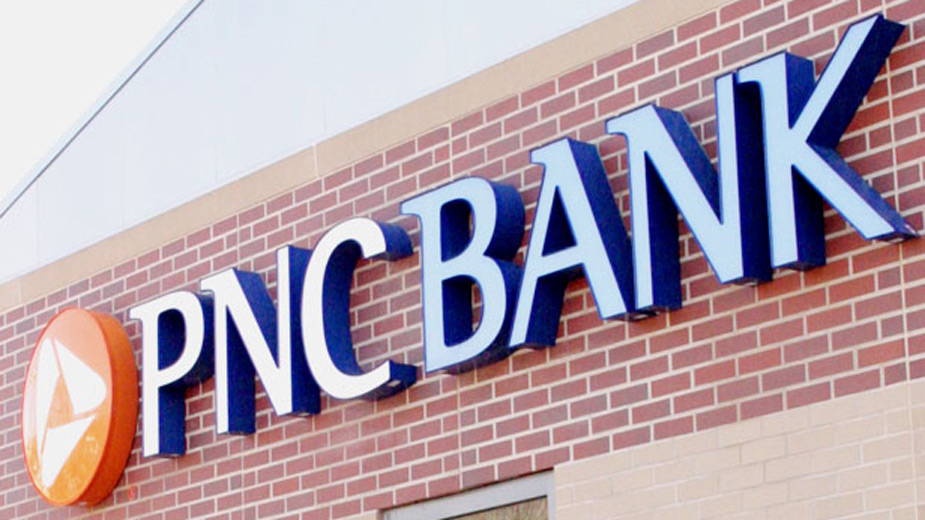FCC Cites First National Bank for Autodialed Ads
WASHINGTON – The Federal Communications Commission Friday issued a “citation and order” against Pittsburgh-based F.N.B. Corp., parent of First National Bank of Pennsylvania, saying the bank has violated the Telephone Consumer Protection Act by requiring customers to hear recorded advertisements and text messages as a condition of using its online services and Apple Pay.
The FCC instructed the bank “to take immediate steps to comply with the rules, FCC orders and the Telephone Consumer Protection Act’s prohibition against unlawful marketing and advertising calls.”
First National Bank has 30 days to respond, that is, until Oct. 11, or end its alleged unlawful marketing practices. Failure to do so, the FCC said, could subject the bank to civil penalties that include “substantial monetary forfeitures.”
Jennifer Reel, FNB senior vice president and marketing director, said the company’s “policies generally allow all customers to opt out of marketing information; however, we are unfamiliar with the details since we were just made aware of the issue and have not yet received any formal communication from the FCC. We will immediately investigate the issue and are fully committed to ensuring that we continue to comply with the consumer rights laws and regulations,” she said. Her statement was published in Pittsburgh Business Times.
If customers of First National Bank want to enroll in its online services or use its Apply Pay services, they must first “consent to receiving calls, text messages or emails from us for our business purposes (including identity verification),” the FCC quotes the bank as requiring. “You also consent to receiving text messages and emails from us for marketing purposes.” [FCC emphasis]
The bank has violated the law, as the FCC sees it, by including this sentence in the application: “If at any time you revoke this consent, we may suspend or cancel your ability to use your card in Apple Pay.” [FCC emphasis]
Nothing in the online banking services First National Bank offers or the Apple Pay terms and conditions “states or suggests that [customers] have the option to refuse consent to receive such marketing texts,” the FCC says, or to refuse receiving prerecorded calls on their landlines or cell phones.
In developing its case, the FCC says its enforcement bureau found the bank “illegally circumvented” the agency’s disclosure requirements, enacted in 2012, by insisting customers agree to be subject to receiving unwanted advertizing messages.
The FCC also announced Friday that it was citing Lyft, a ride-sharing service based in California.
“Consumers have the right to choose whether they want marketing calls and texts to their cell phones,” said Travis LeBlanc, Chief of the FCC Enforcement Bureau. “Today, we again make clear that such calls and texts are unlawful without express written consumer consent. We urgeany company that unlawfully conditions its service on consent to unwanted marketing calls and texts to act swiftly to change its policies.”
Pictured: F.N.B.’s Pittsburgh headquarters.
Copyright 2024 The Business Journal, Youngstown, Ohio.



